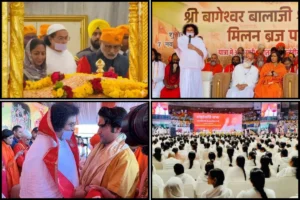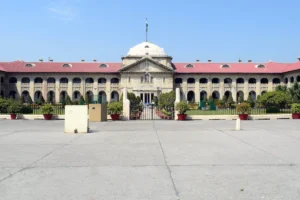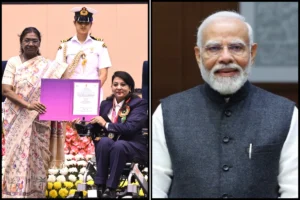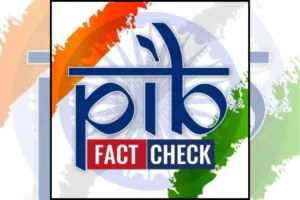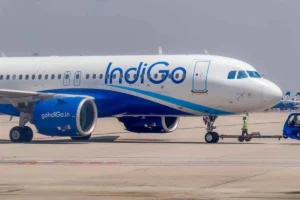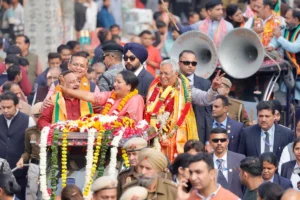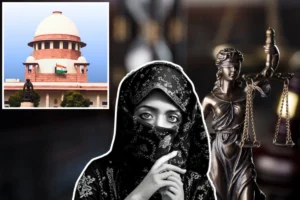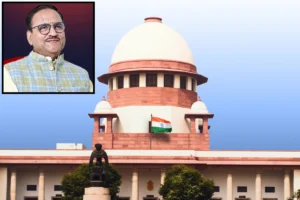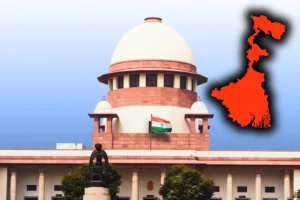
The Supreme Court has made a significant remark during the hearing of the Enforcement Directorate’s (ED) petition against former IAS officer Anil Tuteja, who is implicated in the alleged Rs 2000 crore liquor scam in Chhattisgarh. The court questions the ED’s investigation, asking, “Is it not disturbing that the investigation in the 2019 ECIR is not complete and no complaint in file? Today we are in 2024.”
Anil Tuteja’s lawyer argued that four years have passed since the High Court granted anticipatory bail, yet the ED has taken no substantial action. The Supreme Court has now given the ED time to submit all documents related to the case. The next hearing is for August.
Also Read: Leader Of Opposition Rahul Gandhi In Raebareli, Meets Party Leaders
Anticipatory Bail
A bench comprising Justice Abhay S. Oka and Justice Ujjwal Bhuiyan is reviewing the ED’s petition against the anticipatory bail granted to Anil Tuteja by the High Court. In the previous hearing, the court indicated it might quash the money laundering complaint against Tuteja and his son, Yash Tuteja. The court noted that the ECIR and FIR did not reveal any predicate crime or illegal money, thus questioning the basis for a money laundering case.
The ED has detailed its reasons for arresting Anil Tuteja in a 16-page document, labeling him the kingpin of the Rs 2000 crore liquor scam. Additionally, the ED claimed that Raipur Mayor’s brother and Congress leader Ajaz Dhebar orchestrated the syndicate as the primary operator in the scam.
Following Tuteja’s arrest, concerns have heightened among his associates. The money laundering case link to an Income Tax Department charge sheet filed in a Delhi court in 2022. The Chhattisgarh government faces allegations of accepting bribes during the procurement of liquor for state-run liquor stores. According to the ED, distillers paid bribes to form a cartel, securing a specific market share and selling off-the-book country liquor.
To read more such news, download Bharat Express news apps








